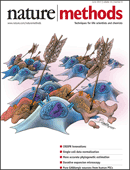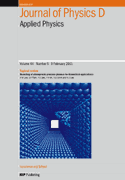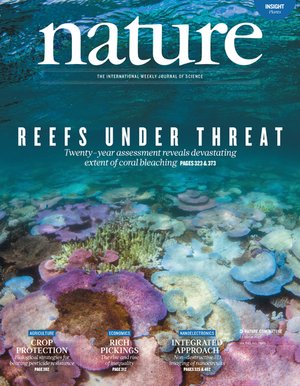 When a journal discovers elementary design flaws in a paper, what should it do? Should it retract immediately, or are there times when it makes sense to give the researchers time to perform a “do-over?”
When a journal discovers elementary design flaws in a paper, what should it do? Should it retract immediately, or are there times when it makes sense to give the researchers time to perform a “do-over?”
These are questions the editors at Scientific Reports recently faced with a somewhat controversial 2016 paper, which reported that microRNAs from broccoli could make their way into the nuclei of human cells — suggesting that the food we eat could affect our gene expression.
After the paper appeared, researcher Kenneth Witwer at Johns Hopkins — who was not a co-author — posted comments on PubMed Commons and the paper itself, noting that the authors hadn’t properly designed the experiment, making it impossible for them to detect broccoli microRNAs.
But instead of retracting the paper, the journal decided to give the authors time to do the experiments again, this time with correctly designed molecular biology tools. When that failed, they retracted it — and as part of the notice, reported the exact opposite conclusion of the original.
Witwer said the authors did a “tremendous job” with the follow-up study, but he still thinks the journal should have retracted the paper immediately. Letting the authors redo it is “a dangerous precedent to set,” he told us:
Continue reading Instead of retracting a flawed study, a journal let authors re-do it. It got retracted anyway.


 When a journal discovers elementary design flaws in a paper, what should it do? Should it retract immediately, or are there times when it makes sense to give the researchers time to perform a “do-over?”
When a journal discovers elementary design flaws in a paper, what should it do? Should it retract immediately, or are there times when it makes sense to give the researchers time to perform a “do-over?” A
A 



 Despite taking some serious hits, a 2006 letter in
Despite taking some serious hits, a 2006 letter in 